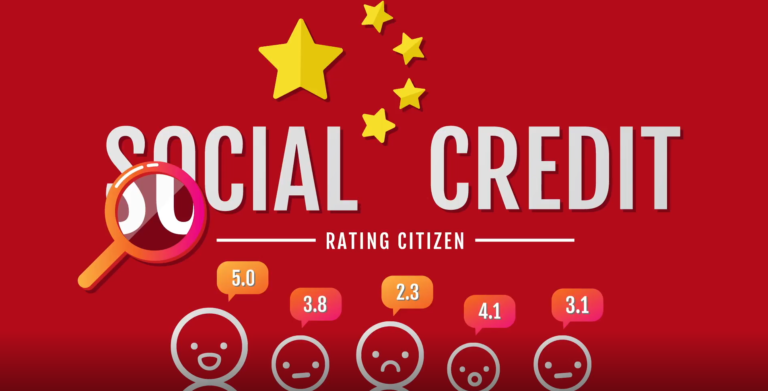Transcript
While social credit has been incredibly empowering for populations that can’t access traditional forms of financial credit, thus, limiting them from accessing money, there is another aspect of it that is worth considering.
We are using social credit as a proxy for financial credit. Whenever we use something that’s a proxy, it’s rare that it’s one-for-one. There’s usually some slippage where some parts don’t overlap. If we inculcate the idea that using proxies are somehow the same thing as using the real thing, we can find ourselves in a situation where we assume things are okay. But in reality, the proxy and the real thing actually are not that alike. From there, we might move farther and farther away from what the real objective was.
On the flip side, there are also a lot of examples where traditional credit scores have been proven problematic. False information, identity theft, etc., all making it incredibly difficult to clean up your credit.
At the end of the day, what we’re saying is, that social credit and other AI and machine learning-based credit rating systems can be incredibly powerful. They can bring people to the financial markets that they have never had access to. But like everything else that we’re talking about in this book, it requires transparency, trust, and proximity, to ensure that we’re thinking about the rules and regulations up front. Only in that way can we build a better system, and not just entrench existing biases into new systems.
This is critical because what will happen, and what has already happened even before the advent of AI is that, if some technology came into existence, it tended to get rolled out to other parts of the world rapidly. Once proven effective, it’s very easy for a model, an algorithm or an application to start propagating into sectors, industries and geographies that it was never intended to do.
But we just assume that it’s okay. Because it worked well in California, England, or Australia, it should work well in Shanghai, Myanmar, and Indonesia. If it is effective in mortgages, then it should be great for car loans, student loans and other similar products. We assume that it will be a very easy transition across industries or sectors, where in fact, there could be more danger.
This goes back to this idea of scalability. Now we’re really scaling across the world, across geographies, across industries, and then across people, ultimately.



